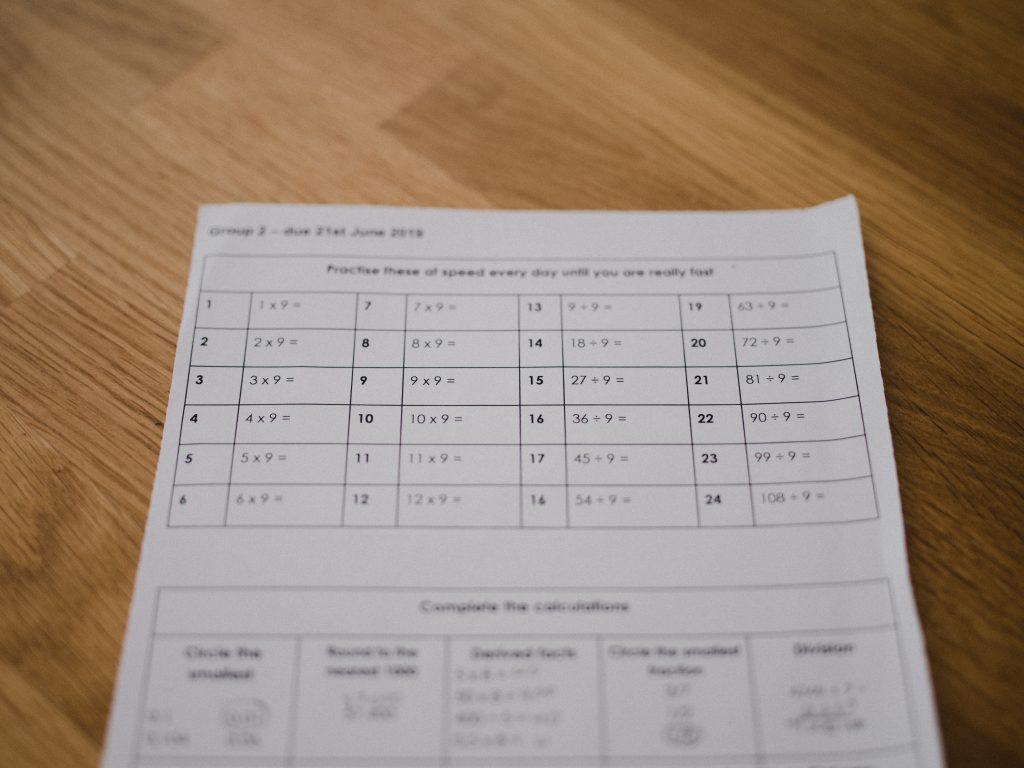A lot of preparation goes into taking the TOEFL (Test of English as a Foreign Language). To get a good score—which is used to determine one’s admission to an English-speaking university or workplace—test takers must hone their reading, listening, speaking, and writing skills. But having a solid foundation of the English language is not enough.
The TOEFL is a test like any other, so getting ready for it should include knowing how the test format, what to expect on the exam, and how to effectively breeze through it. This guide gives you eight helpful tips to prepare for the TOEFL, both in a general manner to test-taking and in a manner specific to English proficiency.
Be familiar with the TOEFL format.

The TOEFL format is no secret; you can find all the information on it from the official TOEFL website. Therefore, test-takers must familiarize themselves with the parts of the test. This helps you know what to expect and prepare in a way that zeroes in on exactly what the test will be measuring.
The TOEFL iBT (Internet-based test, which the majority take) consists of four parts, each focused on different English skills: reading, listening, speaking, and writing. One’s preparations for the TOEFL, then, should be based on these.
Take good notes.

Good note-taking skills can help you both before and during the TOEFL exam. Taking down notes is useful while taking classes, reading books and passages, and listening to audio. These help you pick up new knowledge and vocabulary that you can look back at later on for review. It also helps you practice organizing your thoughts on paper (even if they are in bullet points!) as well as picking up information just by sheer observation or experience.
In the TOEFL, specifically the listening section, you can take down notes from the audio. Knowing how to do this beforehand, that is, writing down ideas while remaining focused on the audio, can aid you in answering questions correctly.
Get to know common test questions.

Most tests follow similar formats when it comes to questions and tasks. These include true-or-false, multiple-choice, short answers, essays, matching, fill-in-the-blanks, etc. You are likely to encounter a couple of these in the TOEFL. So to make sure that you know what to do in each type of test, it is best to get to know these common test questions and practice answering them.
You do not even have to try tests related to TOEFL to try these out (although it may be more helpful if they are similar); there are plenty of tests in different formats that are simply entertaining. So you can try these to learn while having fun!
Expand your vocabulary.

The TOEFL is a test that primarily gauges one’s ability to navigate along an academic atmosphere. In line with this, test takers should expand their vocabulary, particularly in school-related vocabulary—those used both inside and outside of the classroom (but still in-campus). In addition, make a conscious effort to expose yourself to academic texts, conversations, and other related materials; pick up words, terms, and phrases that you see pop up occasionally and learn how to use them naturally.
Try mock tests.

Mock tests are a great way to practice taking the TOEFL. These exams mimic the TOEFL, so you can have the same experience as taking the real thing. By taking the mock tests, you can see which skill you still need to work on. Additionally, it helps you measure the amount of time it takes you to finish the different sections to properly pace yourself during the real thing. Mock tests also let you improve other test-taking skills like reading instructions and skimming along long texts while understanding the main ideas.
Practice listening without having to repeat audio.

The Listening section of the TOEFL requires you to listen to three to four audio (lectures) that are three to five minutes each; then, you must answer questions relating to them. In this part, you can only listen to the clips once. Hence, you must hone your ability to listen to spoken materials only once while still comprehending all the information presented.
Practice this skill before taking the TOEFL by listening to different sound clips, taking notes, and repeating the ideas said in your own words. You can start with short YouTube videos then later progress to full-length podcasts and the like.
Rehearse answering impromptu questions.

In the TOEFL Speaking section, you must talk about different topics extemporaneously, i.e., with just a short time to prepare. You will be given only 15 seconds to get ready with a 30 to 45-second response to a prompt. This can be difficult if you are not used to thinking fast and answering directly.
You can rehearse answering questions in an impromptu manner by using flashcards that contain different questions, picking one at random, then answering them on the spot. You can do a couple per day to get started.
Improve your typing skills.

The TOEFL Writing section requires you to write an essay about the given topics by typing them on a computer keyboard. You must then be able to type fast and correctly to efficiently finish this part of the test on time and without mistakes. It will be hard to finish in the 50-minute limit if you are only typing with two fingers!
Before taking the TOEFL, improve your typing skills by using typing programs that teach you proper placement of fingers and continuously test your speed (there are many free ones online!). You can also practice by simply taking down your notes or writing your notes on a computer or laptop.
Taking a class with an English tutor is a convenient and effective way to prepare for the TOEFL. You can learn proper grammar and vocabulary, practice listening and speaking with another individual, and get feedback on the skills you need to keep working on. LingualBox, a one-on-one English tutoring platform, can connect you with professional English tutors to get started. Book a class today!

